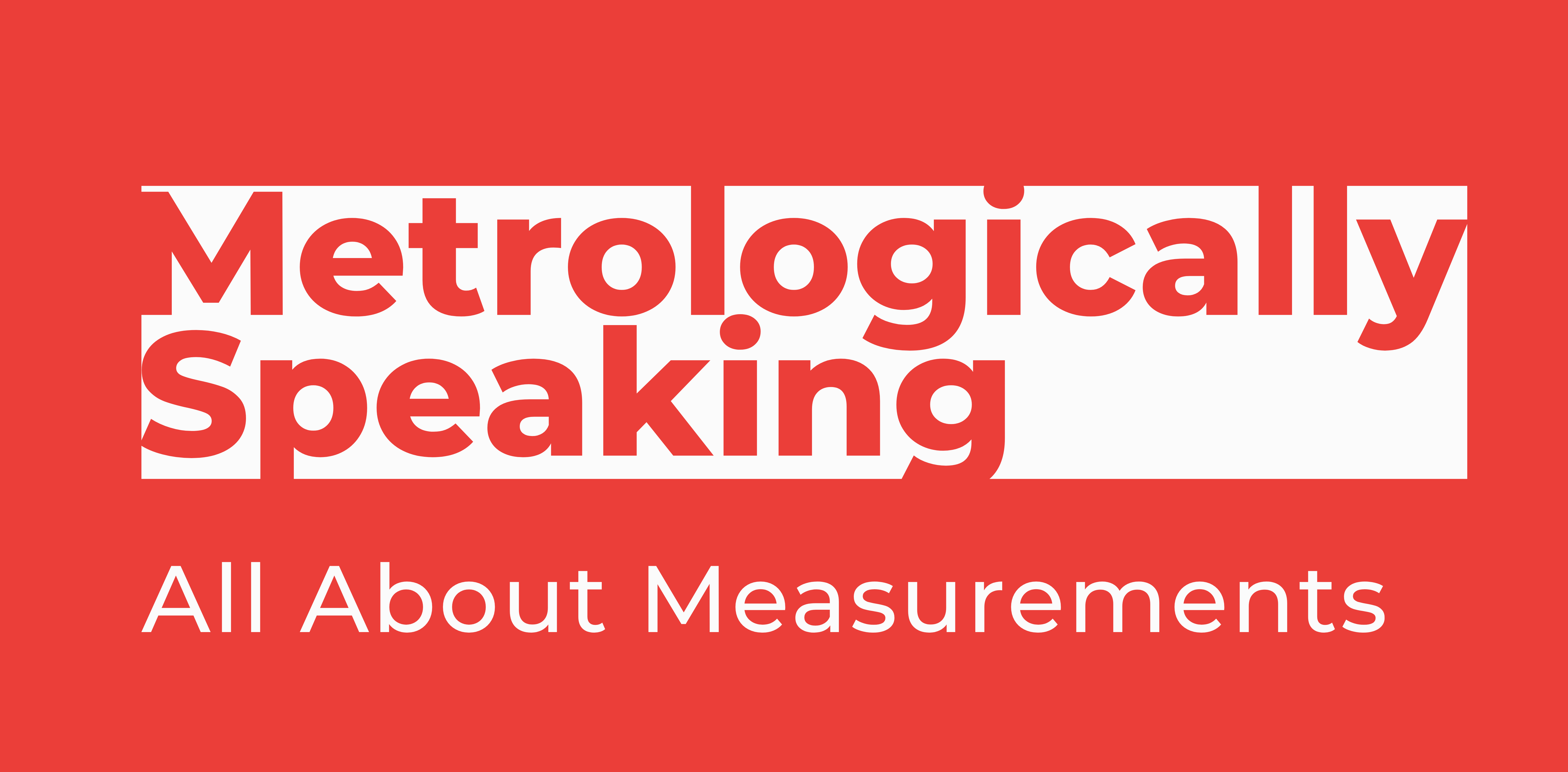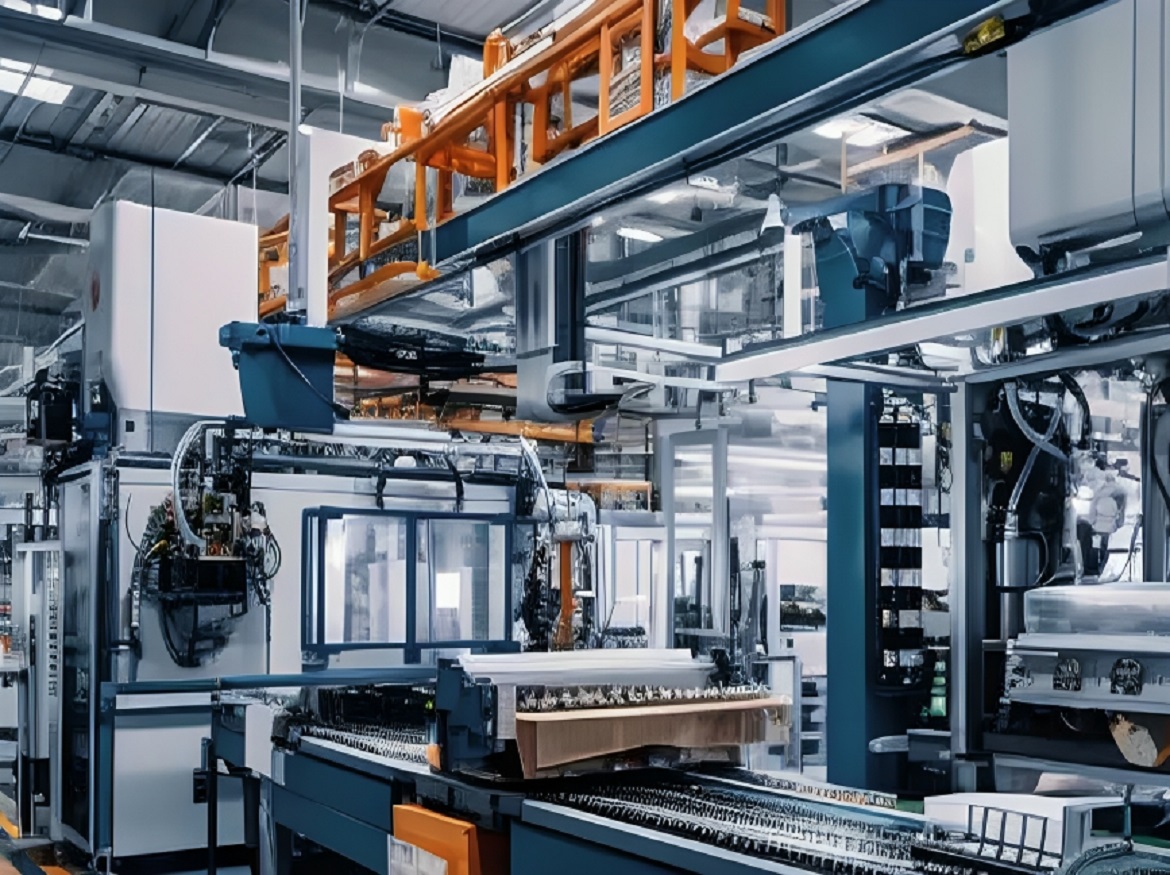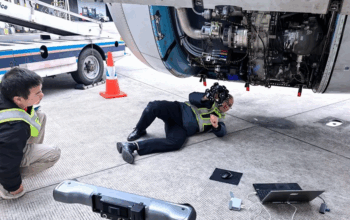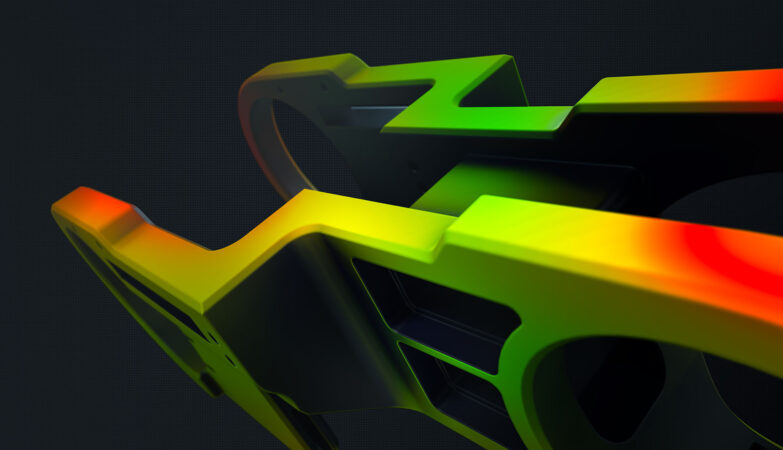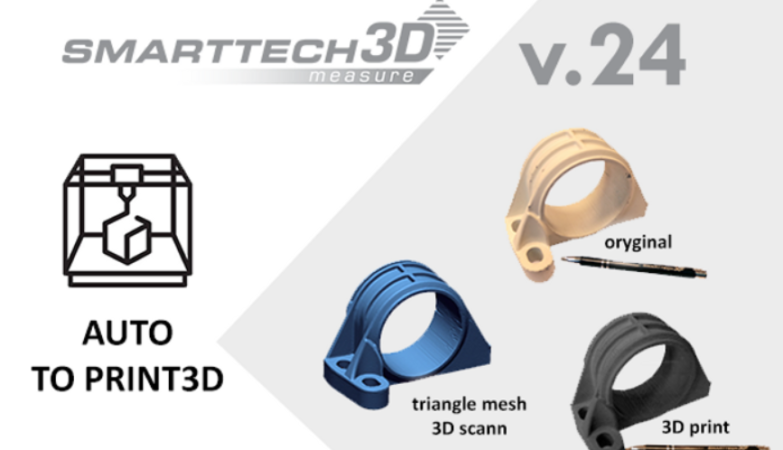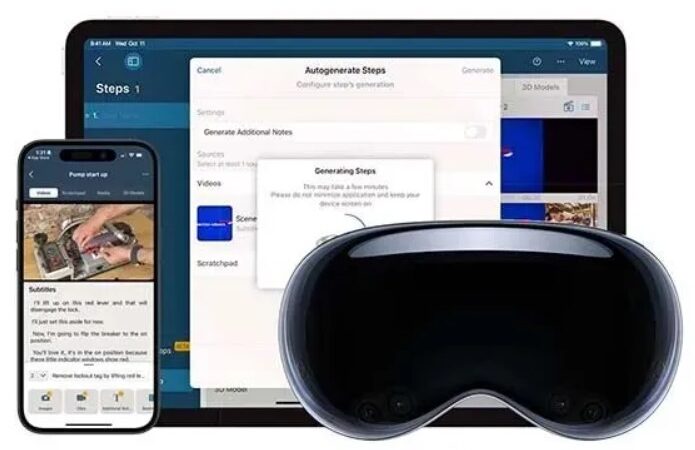Electric carts are becoming more popular as a green and convenient mode of transportation. However, manufacturing electric carts requires high-quality and efficient inspection methods to ensure the safety and performance of the carts.
One of the most challenging parts of the inspection process is the chassis, which is the backbone of the cart.
In this blog, we will share how Roots Industries India Limited, one of the largest auto horn manufacturers in the world, improved its chassis inspection process by using Scantech’s optical 3D measurement system TrackScan-P.
We will explain the challenges of measuring the chassis, the benefits of 3D scanning, and the results of the improved inspection process.

Improve the Inspection Process of Cart Chassis
Roots Industries India Limited manufactures a wide range of products including electric carts, electric buses, and battery-operated vehicles.
In order to improve its inspection process and accelerate time-to-market, the company were seeking a new measurement method to inspect its electric cart chassis, and significantly boost its efficiency.
The Challenges of Chassis Inspection
Chassis inspection is a crucial process for ensuring the quality and performance of electric carts. The electric cart, which has a chassis made of sheet metal.
The chassis is the framework that supports the body and components of the cart, which is essential for the safety and performance of the cart.
The chassis is 3 meters long and 1.5 meters wide, and it has intricate features, curves, and deep holes, which can be laborious to measure with traditional tools.

As the cart is large, it is more efficient to measure it on the site. Moreover, they are produced in hash environments with vibrations and thermal variations, not ideal to perform accurate measurements.
The inspection involves probing and scanning the chassis to obtain its key dimensions, geometry, and defects, and then comparing them with the design specification.
To achieve accurate and reliable results, they need to minimize scan data alignment errors. Besides that, the markers must not be used on the chassis to avoid potential damage.
The company requires the scan data to be accurate within 0.070 mm and the scanning process to be completed in 25 to 30 minutes
The 3D Scanning Solution and Workflow
To meet these requirements, they chose Scantech’s TrackScan-P, a target-free optical 3D measurement system that can measure large objects with high accuracy and speed.
It is designed for various industrial applications including inspection and product development. This task involved using a 3D scanner TrackScan-P scanner and 3D software to scan the chassis of an electric vehicle.

The 3D scanner offered different scan modes with laser crosses, parallel laser lines, and single laser line. These modes were used to capture the geometry and details of the chassis.
The 3D scanning was done in a short time of 25 minutes, which showed the efficiency and effectiveness of the scanner and the 3D software.
The customer was impressed by TrackScan-P’s high efficiency and accuracy, and appreciated its advantages over the common solutions in the market.
Advantages of TrackScan-P 3D Scanning:
TrackScan-P has three different types of scan modes: ultra-fast scanning, hyperfine scanning, and deep-hole scanning.
These modes enable us to scan different types of surfaces and features with high resolution and accuracy.
TrackScan-P has a large measurement area of up to 500 mm x 600 mm. This means we can scan large objects without repositioning the scanner frequently.
It also has a depth of field of 400 mm. This means we can scan objects with varying heights and depths without changing the focus of the 3D scanner.
The 3D scanner was fast and portable, which helped reduce the inspection time and improve the efficiency and throughput of the manufacturing process.

Disadvantages of Common Solutions in the Market
Limited scan modes: They can only scan with one or two modes, which limits their ability to scan different types of surfaces and features.
Smaller scanning area: They have a smaller measurement area, which means they need to reposition the scanner more often and spend more time on scanning.
Shorter depth of field: They have a shorter depth of field, which means they need to adjust the focus of the scanner more often and lose some accuracy on objects with varying heights and depths.
Lower measurement resolution: They have a lower measurement resolution of 0.025 mm, which means they cannot capture the fine details of the object.
Scantech is a leading provider of 3D scanning solutions for various industries. We offer a range of products, from handheld scanners to automated systems, to meet your specific needs.
Whether you need to scan a small part or a large vehicle, we have the right tool for you. Visit our website or contact us today to find out more about our 3D scanning solutions.
